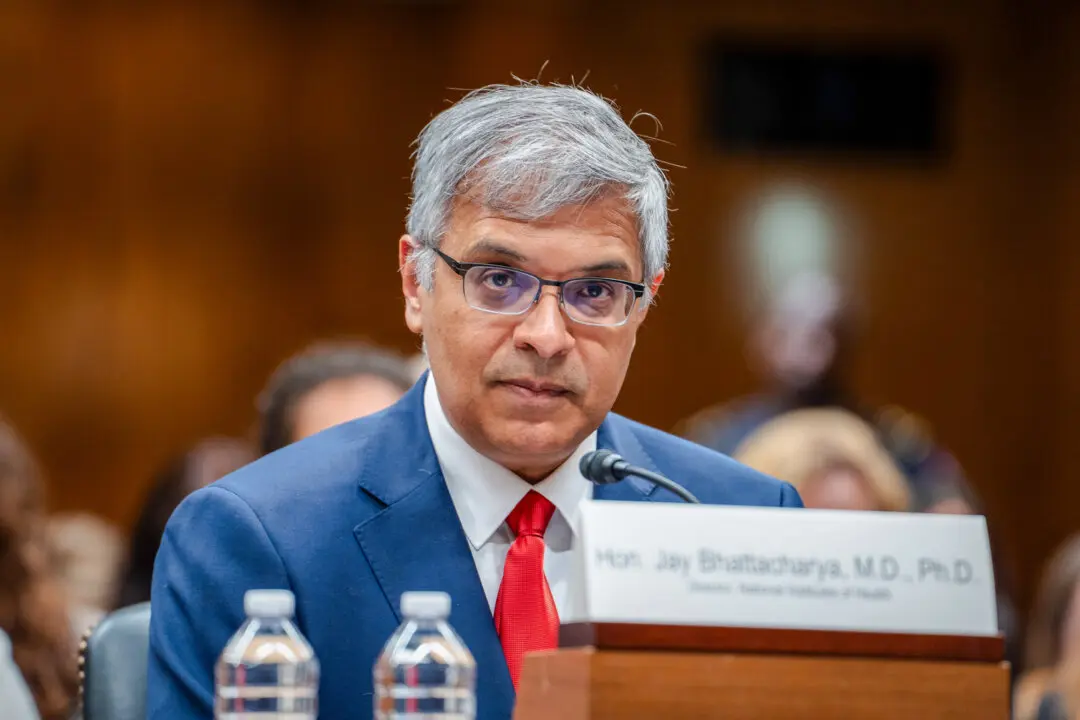ORANGE, Calif.—When organizers of the Orange County Classical Academy (OCCA) set out to open the doors of their own charter school in August 2020 in the city of Orange, they had no idea they’d be doing it in the middle of a pandemic. They simply wanted to offer children what they felt was a better education than they could receive in a regular public school.
Despite the restrictions, organizers say the school has been a resounding success. Many parents in California are seeking an alternative to the state’s public school system and considering charter schools, which are public schools that operate under a different set of rules that offer them a choice in how and what their children learn.





